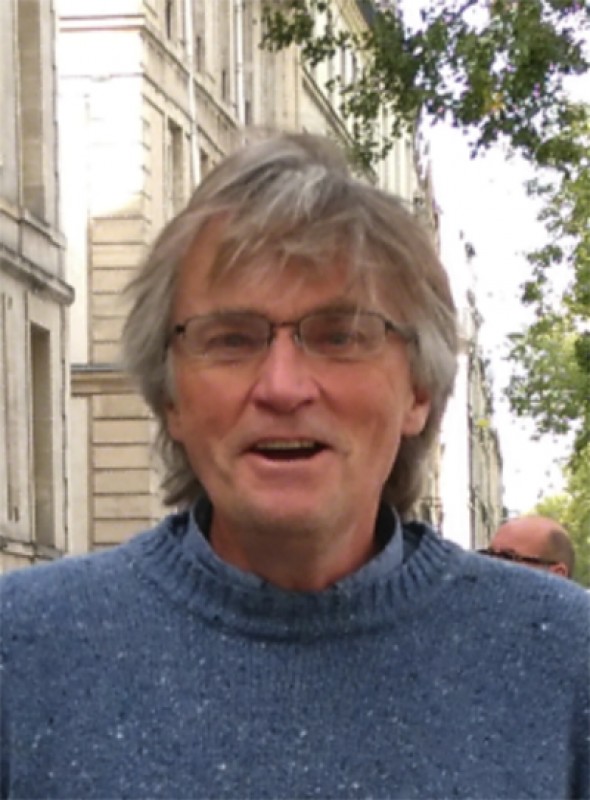KLI Colloquia are invited research talks of about an hour followed by 30 min discussion. The talks are held in English, open to the public, and offered in hybrid format.
Join via Zoom:
https://us02web.zoom.us/j/5881861923?omn=85945744831
Meeting ID: 588 186 1923
Spring-Summer 2026 KLI Colloquium Series
12 March 2026 (Thurs) 3-4:30 PM CET
What Is Biological Modality, and What Has It Got to Do With Psychology?
Carrie Figdor (University of Iowa)
26 March 2026 (Thurs) 3-4:30 PM CET
The Science of an Evolutionary Transition in Humans
Tim Waring (University of Maine)
9 April 2026 (Thurs) 3-4:30 PM CET
Hierarchies and Power in Primatology and Their Populist Appropriation
Rebekka Hufendiek (Ulm University)
16 April 2026 (Thurs) 3-4:30 PM CET
A Metaphysics for Dialectical Biology
Denis Walsh (University of Toronto)
30 April 2026 (Thurs) 3-4:30 PM CET
What's in a Trait? Reconceptualizing Neurodevelopmental Timing by Seizing Insights From Philosophy
Isabella Sarto-Jackson (KLI)
7 May 2026 (Thurs) 3-4:30 PM CET
The Evolutionary Trajectory of Human Hippocampal-Cortical Interactions
Daniel Reznik (Max Planck Society)
21 May 2026 (Thurs) 3-4:30 PM CET
Why Directionality Emerged in Multicellular Differentiation
Somya Mani (KLI)
28 May 2026 (Thurs) 3-4:30 PM CET
The Interplay of Tissue Mechanics and Gene Regulatory Networks in the Evolution of Morphogenesis
James DiFrisco (Francis Crick Institute)
11 June 2026 (Thurs) 3-4:30 PM CET
Brave Genomes: Genome Plasticity in the Face of Environmental Challenge
Silvia Bulgheresi (University of Vienna)
25 June 2026 (Thurs) 3-4:30 PM CET
Anne LeMaitre (KLI)
KLI Colloquia 2014 – 2026
Event Details

Topic description / abstract:
The Modern Synthesis theory of evolution is a foundationalist theory. It explains its target phenomena—the fit and diversity of biological form—by appeal to the aggregated activities of fundamental entities, ‘givens’. The ‘givens’ are genes, chemicals that encode phenotypes. Analogously, analytic philosophy also deploys foundationalist theories: of mind, language, perception, knowledge. These philosophical foundationalisms suffer from a systemic weakness; the resources of the theory radically underdetermine the phenomena they are intended to explain. I argue that Modern Synthesis foundationalism has the same shortcomings, for the same reasons. In each case, the phenomena of interest are ‘agential’ phenomena, and foundationalist theories are incapable of encompassing them. This should occasion a re-interpretation of the Modern Synthesis. We should not think of it as limning the causes of evolutionary change. Rather, we should see it as a useful, if highly idealised, abstract model of evolutionary phenomena.
Biographical note:
Denis Walsh is Professor in the Department of Philosophy, the Institute for the History and Philosophy of Science and Technology, and the Department Ecology and Evolutionary Biology at the University of Toronto. He did his PhD in biology at McGill University and his PhD in Philosophy at Kings College, University of London. He held the Canada Research chair in Philosophy of Biology from 2005-2015. He has taught at LSE, University of Edinburgh, Dartmouth College, MIT, and the University of Toronto. This year he is résident at IEA, Paris.


